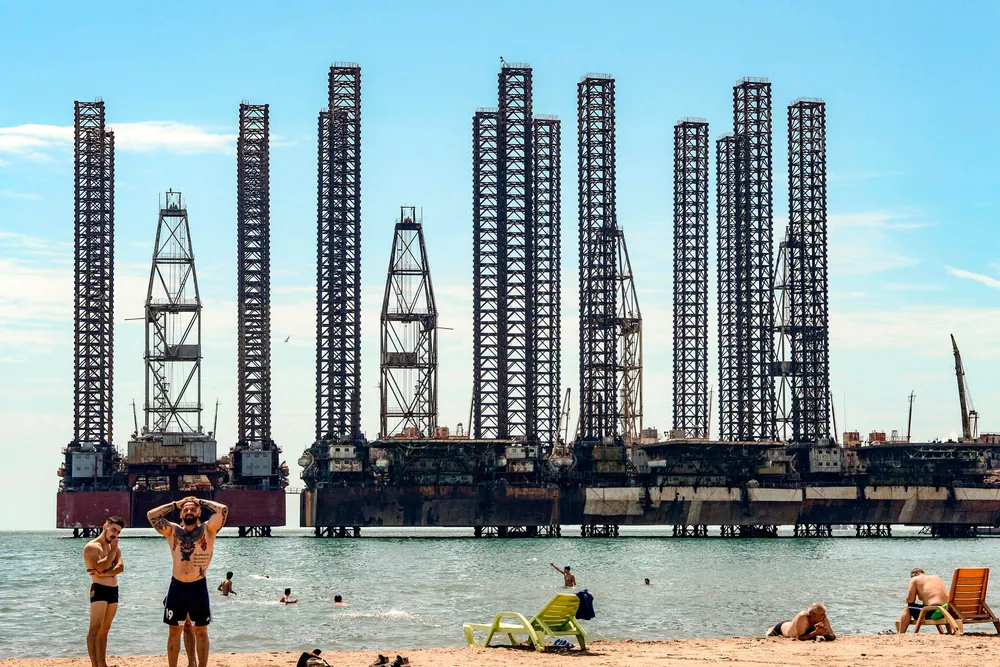BP exits disappointing Azerbaijan block, but bullish on deep water
Supermajor quits SWAP tract, but optimistic about Shafag-Asiman after well hits hydrocarbons

Supermajor quits SWAP tract, but optimistic about Shafag-Asiman after well hits hydrocarbons
